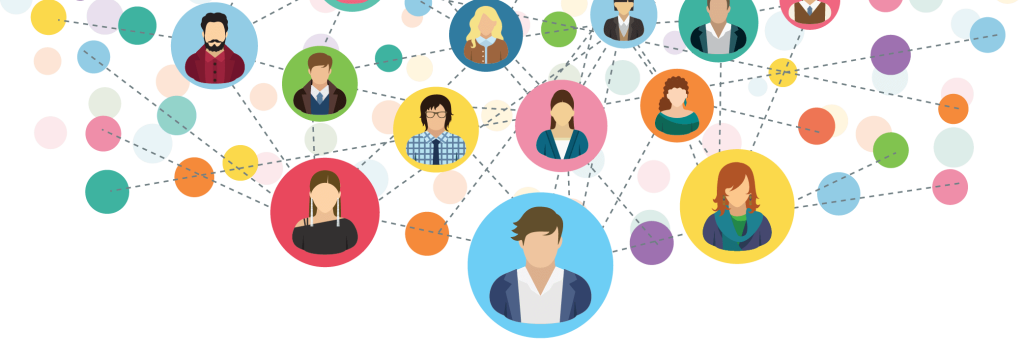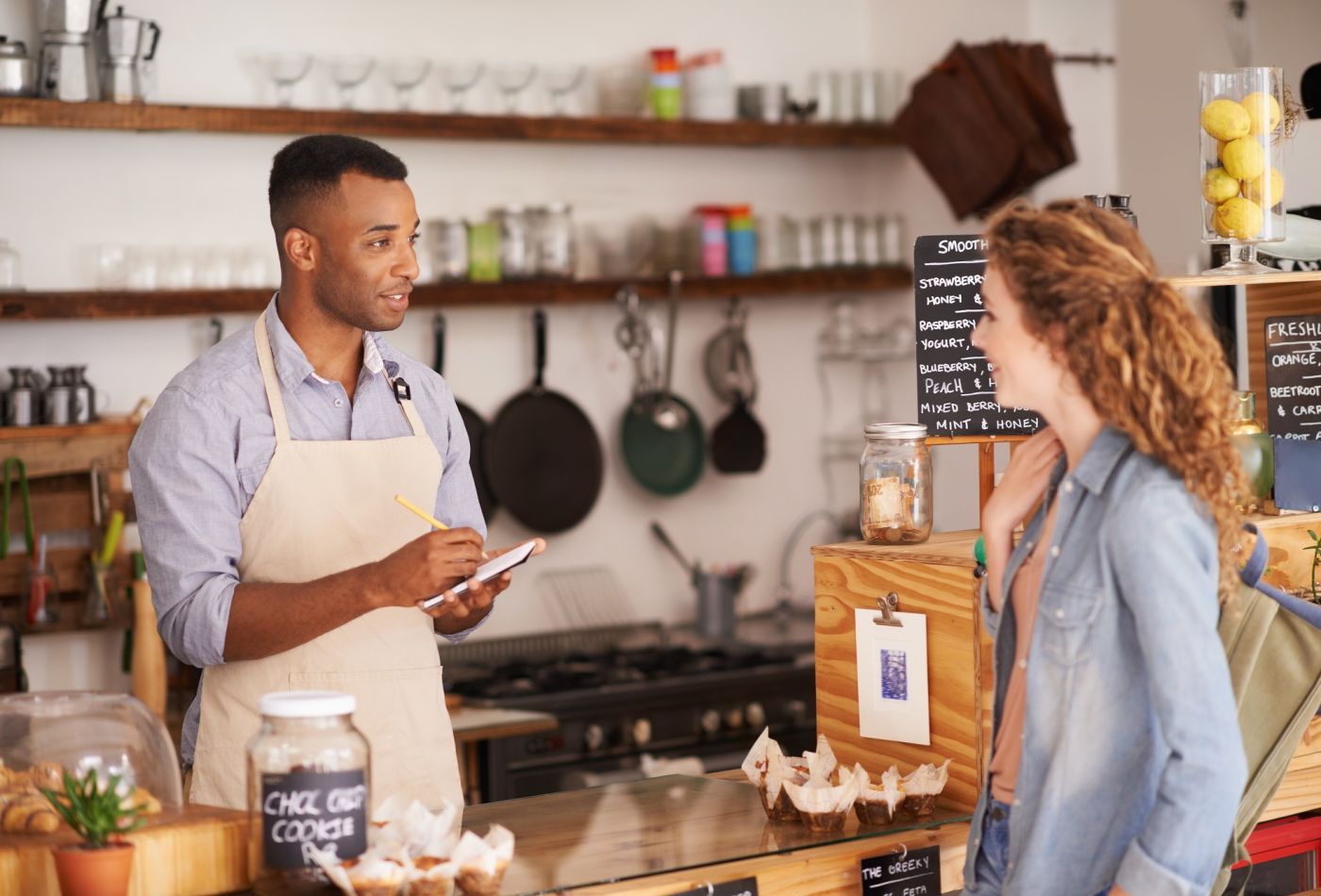Marketing Your Event: The Basics
Maybe we’re biased, but we think that marketing is arguably the most important aspect of planning and carrying out any event. Here’s why: you can create the most incredible event in the history of the events industry, but without a five-star marketing strategy, there will be no one there to enjoy it. Word-of-mouth only goes so far, and like every other aspect of event planning, its marketing requires significant planning, organization, and communication.
There are so many approaches in event marketing, it can be difficult to determine which is right for your event. The best place to start is with a thoughtful analysis of your event’s unique demographic. Is your event on a college campus, or geared towards a corporate crowd? What are the biggest demographics, and where do they consume their digital media? This analysis will help you determine where you ought to spend your time and where you should save it.
Once you’ve analyzed your audience, it helps to know as much as possible about the various available social media platforms. A coordinated marketing campaign, in most cases, should strategically cover all of these platforms. While we suggest using each of these platforms, you will want to invest your advertising dollars and time strategically, depending on the targeted demographic of your potential audience.
Facebook: This platform is a great place to create an event page for your event. Your page can engage followers, share updates, and allow potential attendees to RSVP or at least mark that they are “Interested”. The site offers paid promotions that you can use to target specific audiences based on their location and interests.
Instagram: This is by far the most visually focused social media platform. It is important to share compelling photos and videos, and to stay away from too much text. You can use this visual platform to engage your audience at all stages of event production, including during and after your event. On the big day, share your event experience with audiences at home through Instagram Stories and Livestream videos.
LinkedIn: LinkedIn is by far the preferred network of the professional realm. This platform is perfect for B2B and industry networking. Its feed allows for seamless sharing of company news and event announcements. For any B2B conference or professional event, this site is an absolute must!
Twitter: This is the social media platform with the most verbiage (280 characters, to be exact). Engage your followers with short written posts. Create an event hashtag to build excitement before, during, and after your event. Encourage event attendees to use your designated hashtag, and make sure to follow and retweet relevant posts to share what your attendees are saying about your event.

Email: Don’t forget about this crucial marketing platform! One of the best ways to reach your audience is in their inbox. No matter what your demographic, one of their most common smartphone activities is likely checking their email. Email marketing has been shown to increase ROI across the board, so make sure you are using this efficient and low-cost digital media tool as part of a broader strategy!
Post-event survey: A survey is important in eliciting feedback and understanding which marketing tactics were most successful. A simple “How did you hear about this event?” can unlock the answers to future event strategies. Your marketing shouldn’t end when your event does, and a post-event survey is the perfect place to start.
Above all, it is absolutely vital to have a plan that takes into account the marketing timeline of your event. Pre-launch, launch, daily marketing, and that “last call” push before your event will require unique and targeted media strategies. For those of you on the planning or production side of an important event, marketing might be the last thing on your mind. Let an industry expert handle it for you. Contact Influence Digital Solutions today!












